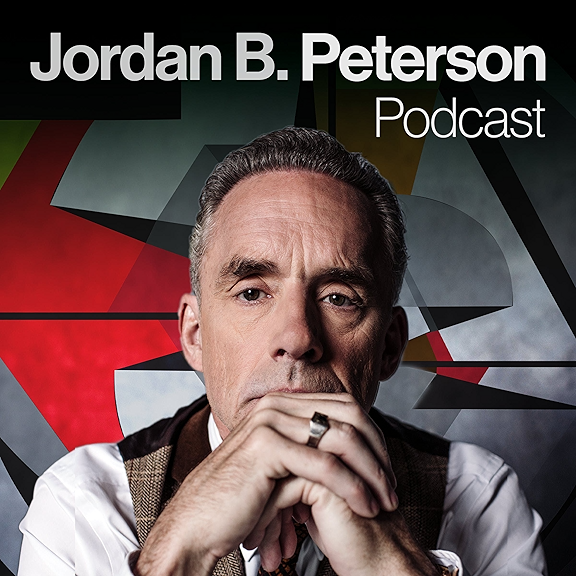
Andrea Hershatter has led the Undergraduate BBA Program for two and a half decades, overseeing its growth and curricular development and helping to secure its place among the most elite undergraduate business programs in the world. Andrea holds a faculty position in organization and management and teaches entrepreneurship. She regularly provides consultation to top corporations and leaders in academia on the millennial generation.
Defining Generations
Each generation has a particular personality and role in society. Biologically, a generation is defined as a range of anywhere from 15 to 23 years. As babies are born, their parents raise them in response to what's going on in the world. Therefore, they are influenced not only by societal dynamics but also by what they see in the generation coming of age. Dynamics about child rearing emerge that lead them to have certain propensities in the way that they raise their kids.
What Makes a Millennial?
Millennials are so named for the high school class of 2000, born in around 1982, that started the generation that entered adulthood at the turn of the millennium. This was a dynamic generation that the media shone a dynamic spotlight on. Strauss and Howe’s theory of fourth turning suggests that generations move in cycles and that the generation coming of age is being raised to fulfill the societal gap being abandoned by the generation that's phasing out.
Therefore, millennials are being conceived of as the generation that will replace the GI generation. The GI generation was the generation that became profoundly impactful leaders whose job was to change and protect the world. Millennials were put in a similar spotlight of being expected to grow up to shoulder heavy societal burdens and have a profound impact on the world.
Exploring Boomers
Boomers are associated with the baby boom and, at their moment of coming of age, were in the center of a generational war and redefined culture. They fought in and protested Vietnam. As boomers created their own culture, they shut out older generations and have held onto that role until now. These boomers responsible for creating culture retain a profound influence on how American culture is depicted in movies because even if they are not directly acting or producing them, they control the flow of money. That entertainment gets disseminated all over the world.
A Look at Gen X
Gen X was the victim of the educational wars and performed poorly on standardized tests because they lacked a common body of knowledge. At the same time, mothers went back to school, but society lacked after-school support and infrastructure. Therefore, Gen X became the latchkey kids who came home to empty houses, becoming free thinkers that were dismissed as slackers. They also came of age at the dawn of the technological revolution, creating the infrastructure and changing the capacity of information to revolutionize our current lives.
Zoomers
According to the fourth turning, Gen Z, or Zoomers, will replace the “silent generation” in terms of their societal role. The silent generation actually ushered in the civil rights and women's rights movements, so Gen Z is fighting systemic inequities, pioneering movements about gun access, climate change, and Black Lives Matter. This generation understands diversity as non-binary and not fixed, which is difficult for older generations to grasp. They think about self-identity and roots in ways that have created an entirely new language. They will likely shape the world in fascinating ways that are unimaginable right now.
Millennials and Technology
For millennials, technology was embedded into their earliest ways of knowing, rendering it a noncognitive sixth sense instead of an intellectual endeavor. Millennials approach a problem using technology without thinking about it and are capable of multitasking while using it.
In terms of how it influences the workforce, there are two important aspects. Technology impacts how millennials work and how firms reach consumers. In the workforce itself, millennials demonstrate competence in using the technology that suits the task at hand. It is important to them that others understand which mode fits a certain message and intention.
Through social media, millennials and zoomers have created a performative life that expects immediate feedback, a cycle which leads to extrinsic motivations. That influences how, for example, millennials expect to be acknowledged for the work they do in a company. This can be stress-inducing if you don’t receive positive feedback, affecting your sense of personal agency. Using Steve Nowicki’s assessment of locus of control, over time, generations have developed a more external locus of control. This is problematic because when you feel out of control (such as in a global pandemic), your locus of control determines what you believe you can do to influence your own personal circumstances.
Ages of Millennials in the Workforce
Early studies showed the leading edge of Millennials demonstrating a strong desire to have personal purpose aligned with their company. However, with younger respondents, that importance drops as people work to fulfill Maslow's hierarchy of needs. Research shows this younger cohort is more concerned with stability and economic security. In a recent Harris poll, it was determined that millennials are willing to take on supervisory responsibilities leading to career advancement, but feel burnt out and find it difficult to unplug. Millennial managers also have a less traditional focus, prioritizing communication, culture, and people rather than operational results or budgetary responsibility.
As the younger millennials enter the workforce, they want feedback, collaborative opportunities, flexibility, and autonomy. However, peer-to-peer, millennials are harsh judges with high expectations who have been held to high standards. The question is, how will older managers, whether they're millennials or Xers, motivate younger workers by giving them flexibility, while maintaining the accountability and performance standards?
Millennials’ Relationship with Organizations
Across every socioeconomic dynamic, the parents of millennials devoted more of their discretionary income into raising their children than ever before, including enrollment in expensive schools and extracurriculars. As consumers of those, parents micromanaged these organizations to shape them into the ideal experience for their children, demanding what they wanted to see. Millennials who grew up being told they were the future were accustomed to the organization molding itself to meet their needs. Many millennials or zoomers entering a workplace will demand the tools they need to contribute to the organization and improve it, which clashes with older generations’ ideas of an organization with set principles and rules. This clash results in the older generation seeing millennials as entitled.
Google is a prime example of an organization that has molded to is employees. The entire campus is lifestyle-based, which builds trust and makes employees feel cared for by the company. Google knows that if they fuel the whole person, employees will be able to bring something better, m...




















